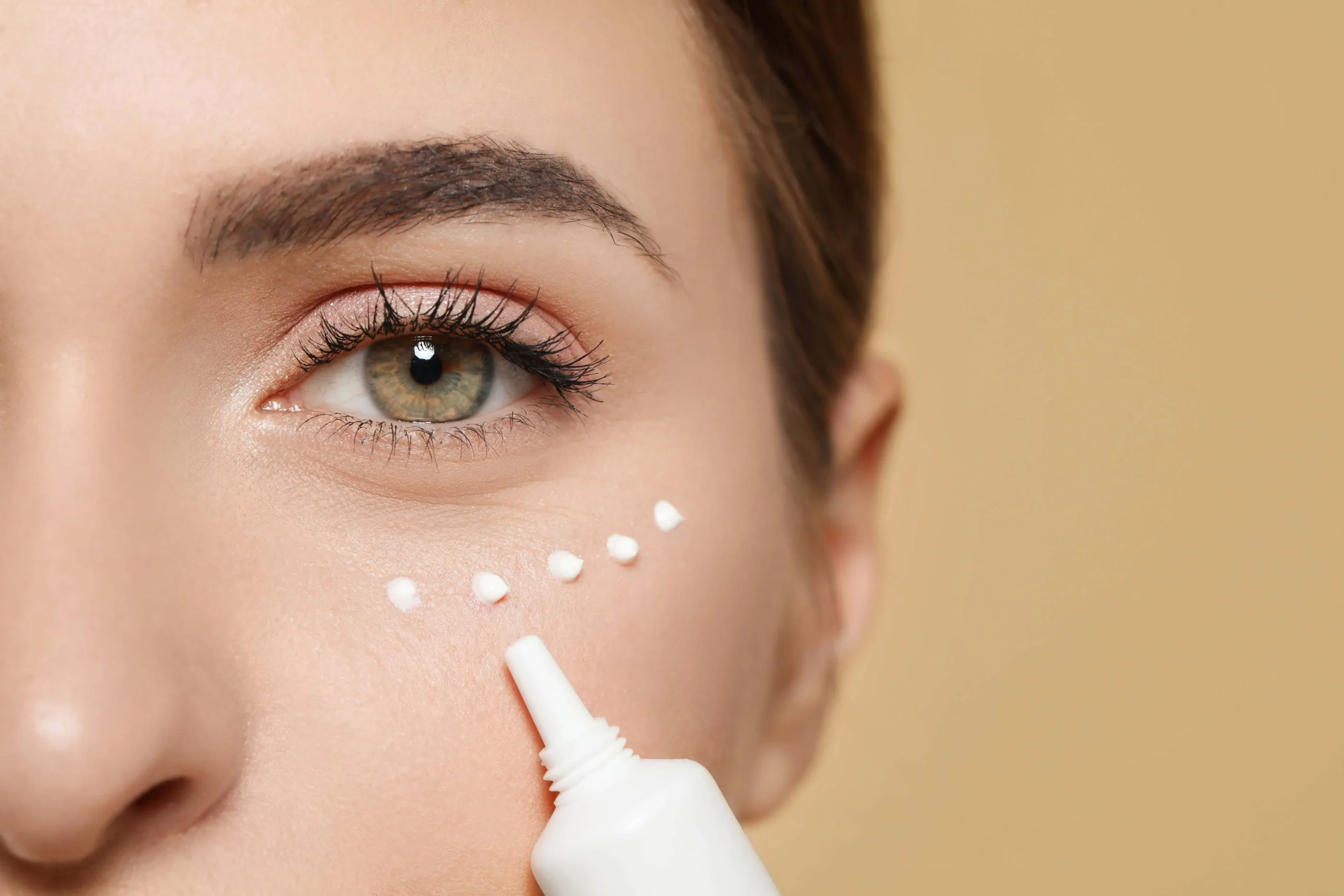In the world of skincare, the debate between natural and synthetic ingredients often sparks passionate discussions. Each type of ingredient has its unique benefits and drawbacks, making it essential for consumers to understand the differences. This blog post will explore common skincare ingredients, comparing their natural and synthetic counterparts to help you make informed choices.
Understanding the Basics
Natural Ingredients
Natural ingredients come from plants, minerals, and various organic sources. They often contain beneficial compounds that can nourish the skin but may vary in potency and effectiveness.
Synthetic Ingredients
Synthetic ingredients are chemically manufactured in laboratories. These ingredients can be designed to deliver specific results, often providing higher stability and potency than their natural counterparts.
Comparison Table of Skincare Ingredients
| Function | Natural Ingredient | Synthetic Ingredient | Benefits | Drawbacks |
| Moisturizer | Aloe Vera | Hyaluronic Acid | Hydrates and soothes skin | May not penetrate as deeply as HA |
| Exfoliant | Sugar | Salicylic Acid | Gentle exfoliation | Can be less effective for oily skin |
| Antioxidant | Vitamin C (from fruits) | Ascorbic Acid | Fights free radicals, brightens skin | Natural sources may have lower potency |
| Anti-Aging | Rosehip Oil | Retinol | Hydrates and promotes skin regeneration | Can be less potent |
| Anti-Inflammatory | Chamomile Extract | Benzoyl Peroxide | Calms redness and irritation | May cause dryness in sensitive skin |
| Fragrance | Essential Oils | Synthetic Fragrance | Natural scent and aromatherapy benefits | Can cause allergic reactions |
| Coloring Agent | Beetroot Powder | FD&C Dyes | Natural tinting | May stain skin or clothes |
| Preservative | Rosemary Extract | Phenoxyethanol | Prevents bacterial growth naturally | May have shorter shelf life |
Detailed Analysis of Common Ingredients
1. Moisturizers
- Natural: Aloe Vera is known for its hydrating and soothing properties, making it ideal for sensitive skin. However, its moisture-retention ability may not be as strong as synthetic
- Synthetic: Hyaluronic Acid is highly effective in attracting and holding moisture, providing intense hydration. It has a higher molecular weight, allowing for deeper penetration into the skin.
2. Exfoliants
- Natural: Sugar is a gentle exfoliant that helps remove dead skin cells, but it may not address deeper skin issues like acne.
- Synthetic: Salicylic Acid penetrates pores to target acne and excess oil, making it effective for oily and acne-prone skin.
3. Antioxidants
- Natural: Vitamin C from fruits is rich in antioxidants, helping to protect the skin from environmental damage. However, its efficacy can vary based on extraction methods.
- Synthetic: Ascorbic Acid is a stable, concentrated form of Vitamin C, providing consistent results in brightening and protecting the skin.
4. Anti-Aging
- Natural: Rosehip Oil contains essential fatty acids and vitamins that help rejuvenate the skin. It provides hydration but may not work as quickly as synthetic options.
- Synthetic: Retinol is a potent form of Vitamin A known for its anti-aging benefits, promoting cell turnover and reducing the appearance of fine lines.
5. Anti-Inflammatory
- Natural: Chamomile Extract calms irritation and redness, making it suitable for sensitive skin types.
- Synthetic: Benzoyl Peroxide effectively targets acne-causing bacteria, although it can be drying.
6. Fragrance
- Natural: Essential Oils provide aromatic benefits and can enhance the therapeutic qualities of skincare products. However, they can also irritate sensitive skin.
- Synthetic: Synthetic Fragrances offer a wider variety of scents and are often more stable but may trigger allergies in some individuals.
7. Coloring Agents
- Natural: Beetroot Powder can naturally tint products without harsh chemicals, although it may stain.
- Synthetic: Food, Drugs and Cosmetic (FD&C) Dyes offer a broad spectrum of vibrant colors but can cause allergic reactions in some users.
8. Preservatives
- Natural: Rosemary Extract helps extend shelf life while offering antioxidant benefits, though it may not be as effective as synthetic preservatives.
- Synthetic: Phenoxyethanol is a widely used preservative that effectively prevents bacterial growth, ensuring product longevity.
Conclusion
Both natural and synthetic skincare ingredients have their unique advantages and potential drawbacks. Understanding the differences can help you make informed choices that align with your skin type and personal preferences. Whether you choose products with natural ingredients, synthetic formulations, or a combination of both, the key is to find what works best for your skin’s needs.





